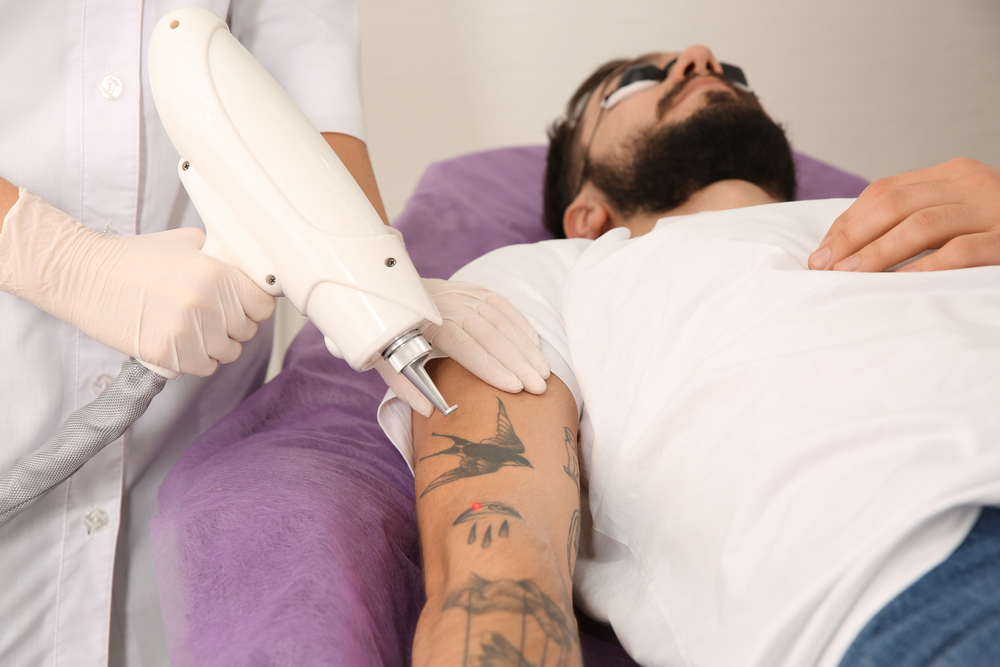
Dry skin affects many people and can range from mild flakiness to severe cracking and irritation. Understanding the underlying causes helps you identify potential triggers and take appropriate steps to maintain healthy skin with help from a dermatology practice. Here is more information on three primary factors that contribute to dry skin conditions and insight into how each affects your skin’s natural moisture barrier:
Exploring Environmental Factors
Dermatology practices commonly see people with dry skin. Weather conditions play a significant role in skin moisture levels. Cold air holds less humidity than warm air, which means winter months often bring increased dryness. Indoor heating systems compound this problem by further reducing humidity levels in your living space.
Extended exposure to air-conditioned spaces can leave your skin feeling tight and flaky. Wind exposure accelerates moisture loss by increasing the rate at which water evaporates from your skin’s surface. Low-humidity environments, whether natural or artificial, draw moisture directly from your skin. Desert climates, airplane cabins, and heavily air-conditioned buildings all create conditions that promote water loss from the skin’s surface.
Using Hot Water and Harsh Products
Frequent hot showers or baths remove natural oils from your skin. These oils, known as sebum, form a protective barrier that prevents moisture loss. Hot water dissolves these oils more effectively than lukewarm water, leaving your skin vulnerable to dryness. Traditional bar soaps contain harsh detergents that strip away natural oils along with dirt and bacteria. Antibacterial soaps and products with strong fragrances can be particularly drying due to their chemical composition.
Washing your face or body multiple times per day removes protective oils faster than your skin can replace them. This creates a cycle where your skin becomes increasingly dry and sensitive. Exfoliating too frequently removes the top layer of skin cells that help retain moisture. While gentle exfoliation can benefit skin health, daily scrubbing or using harsh exfoliating products can compromise your skin’s protective barrier.
Alcohol-based skincare products cause immediate moisture loss through evaporation. Toners, astringents, and hand sanitizers containing high levels of alcohol can leave skin feeling tight and dry. Products with synthetic fragrances can also trigger dryness in sensitive individuals.
Understanding Age and Medical Conditions
Aging naturally reduces your skin’s ability to produce and retain moisture. As you get older, your skin produces less sebum and becomes thinner. This makes it more difficult to maintain adequate hydration levels and increases susceptibility to environmental damage.
Pregnancy, menopause, and thyroid disorders can all influence how much oil your skin produces. Lower estrogen levels during menopause specifically contribute to decreased skin thickness and reduced moisture retention. Eczema, psoriasis, and dermatitis all involve compromised skin barriers that allow moisture to escape more easily. Diabetes can also affect skin moisture through changes in circulation and nerve function.
Diuretics, antihistamines, and some blood pressure medications may reduce overall body hydration or affect skin oil production. Topical medications like retinoids can initially cause dryness as your skin adjusts to treatment. Genetic factors influence your skin type and its natural moisture-retention capabilities. Some people inherit skin that produces less natural oil or has a weaker protective barrier.
Find a Dermatology Practice
Understanding these three main causes of dry skin allows you to take targeted action. Environmental factors can be managed through humidity control and protective measures. Product choices significantly impact skin moisture, so selecting gentle cleansers and avoiding harsh chemicals helps maintain your skin’s natural barrier. Age and medical conditions may require professional guidance from a dermatology practice. Addressing the root causes of dry skin leads to more effective long-term management than simply treating symptoms.





